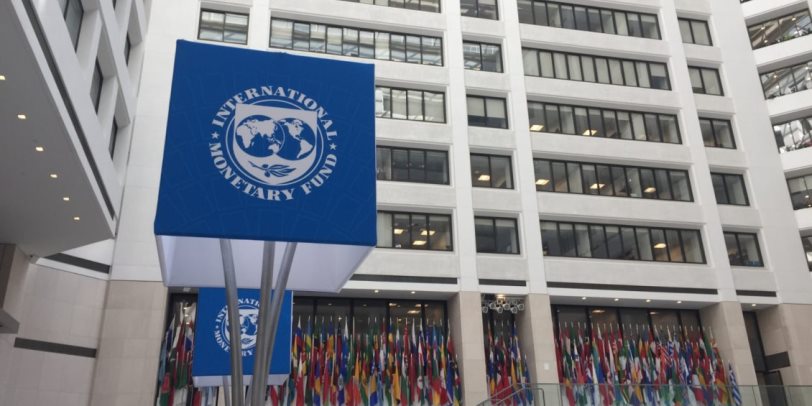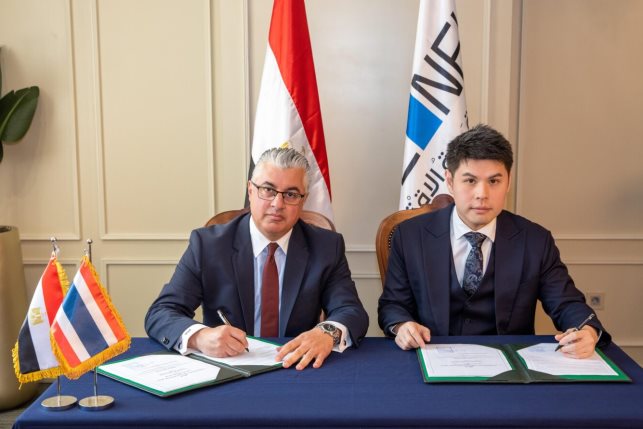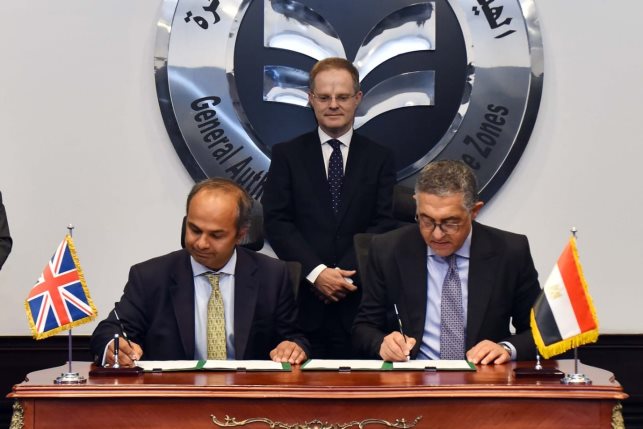IMF approved $3B loan under Extended Fund Facility, immediately disburses $347M
In October, the IMF explained that the EFF could open up an additional $5 billion in funding. The IMF did not disclose where the additional $9 billion will come from

The International Monetary Fund (IMF) approved a $3 billion loan for Egypt over the weekend, under the Extended Fund Facility (EFF), which will be disbursed over a 46-month period.
The IMF stated that it would immediately disburse $347 million from the loan to Egypt to “help meet the balance of payments needs and provide support to the budget”.
According to the IMF’s statement, the EFF will “catalyze additional financing of about $14 billion from Egypt’s international and regional partners, including new financing from GCC countries and other partners through the ongoing divestment of state-owned assets as well as traditional forms of financing from multilateral and bilateral creditors”. This will bring the possible total up to $18 billion.
In October, the IMF explained that the EFF could open up an additional $5 billion in funding. The IMF did not disclose where the additional $9 billion will come from.
The financial support was granted in exchange for an economic program aimed at “preserving macroeconomic stability, restoring shock absorbers and paving the way for sustainable, inclusive and private sector-led growth,” the fund stated.
The measures should also make it possible to reduce the public debt, “while increasing social spending,” and to implement “far-reaching structural reforms.”
Egypt has agreed to push policy and economic reforms designed to strengthen its resilience against external shocks, restore its FX buffers and promote private-sector-led growth as part of the agreement. This includes monetary policy reforms such as ending subsidized lending programs, and “wide-ranging” structural reforms to reduce the state’s role in the economy.
The fund also emphasized a “permanent shift” to a flexible exchange rate as part of its support package's requirements.





